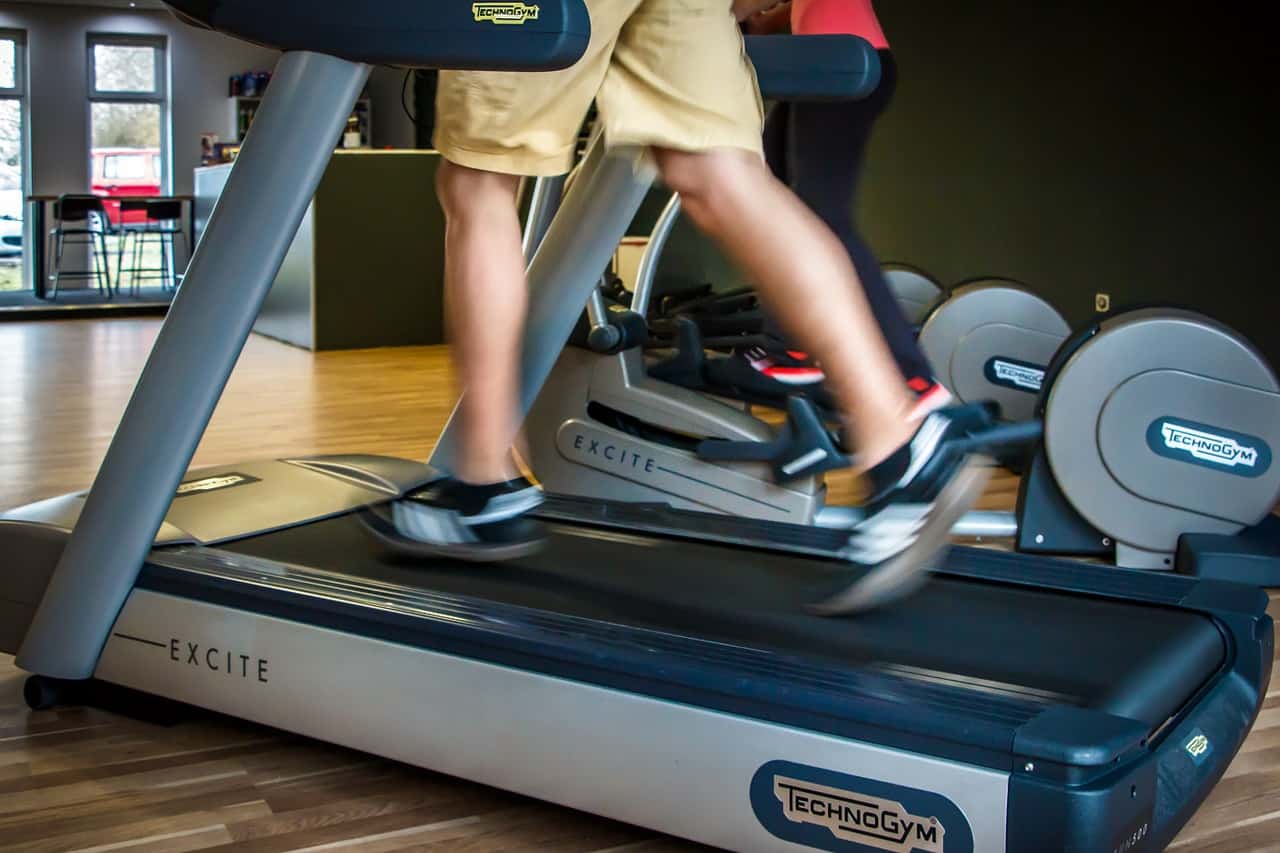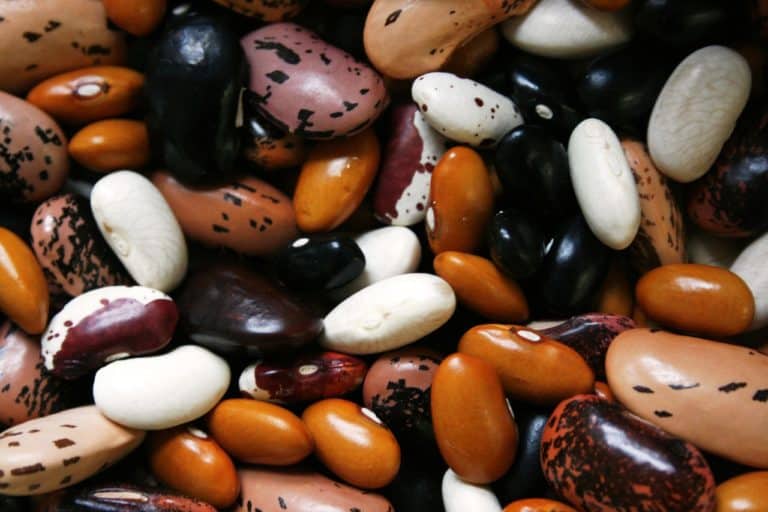If you suffer with urinary incontinence/overactive bladder and are overweight, weight loss could significantly reduce the number of incontinence episodes you experience. A University of California, San Francisco (UCSF) study found that among a group of 338 middle-aged, overweight and obese women, those who lost an average of 17 pounds had a 47 percent reduction in the number of urinary incontinence events.
Carrying excess weight may make urinary incontinence symptoms worse because it places extra pressure on the pelvic region, which in turn can stimulate the need to urinate. This effect, along with a weakening of the pelvic floor muscles, which may be associated with a vitamin D deficiency among other factors, can make urinary incontinence treatment challenging.
Results of the UCSF study, which were published in the New England Journal of Medicine, support the use of weight loss as a first-line treatment for urinary incontinence in overweight and obese women. Although this study involved women only, other studies with men have shown a relationship between being overweight or obese and urinary incontinence.
For example, a University of Washington Medical School study reported that in men who had undergone prostatectomy for prostate cancer, men who were not obese and who were physically active were 26 percent less likely to experience urinary incontinence than men who were obese and inactive. Another study of 252 men who underwent prostatectomy also reported that urinary incontinence was more likely to occur in men who were obese (25.8%) than in men who were not (8.7%). Therefore it appears that weight loss can improve urinary incontinence in both men and women.
References
Subak LL et al. Weight loss to treat urinary incontinence in overweight and obese women. New England Journal of Medicine 2009 Jan 29; 360(5): 481-90
van Roermund JG et al. Impact of obesity on surgical outcomes following open radical prostatectomy. Urology International 2009; 82(3): 256-61
Wolin KY et al. Risk of urinary incontinence following prostatectomy: the role of physical activity and obesity. Journal of Urology 2010 Feb; 183(2): 629-33







